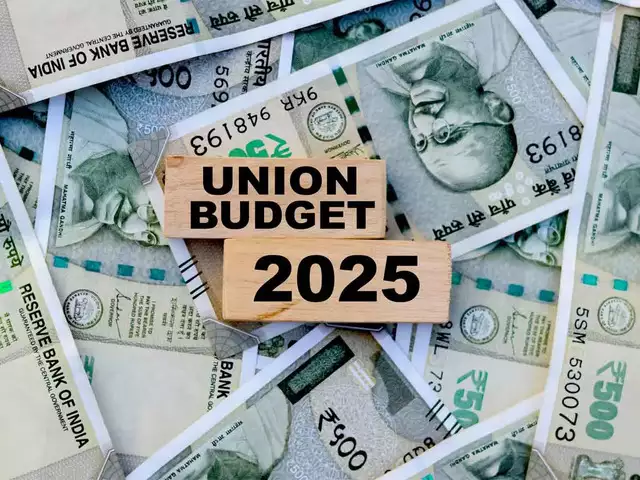
New Delhi: The Union government is expected to unveil innovative strategies in the upcoming Budget 2025 to enhance infrastructure, agriculture, MSMEs, and other essential sectors, according to a report by the State Bank of India.
Among the proposed measures could be alternative funding avenues for infrastructure projects, which are usually less expensive than traditional loan markets for high-rated borrowers, such as Tax Free Bonds and Tax Paid Bonds. This approach may help reduce financing costs and stimulate infrastructure development.
In agriculture, the report proposes establishing a comprehensive Credit Guarantee Fund Trust for Agriculture & Allied Sectors (CGFTAAS) to serve as a credit accelerator, ensuring coverage for new agricultural loans, including Agri Value Chain Financing (AVCF). It also recommends implementing the 2021 report on the agricultural value chain to enhance sector efficiency.
Changes in the housing sector could involve revising the definition of Priority Sector Lending (PSL), where projects worth Rs 65 lakh in six metro cities and Rs 50 lakh in other areas may qualify as affordable housing, a shift from the criteria set in 2018.
For MSMEs, recommendations include introducing Production-Linked Incentives (PLIs) for crucial sectors like textiles, garments, handicrafts, food processing, leather, electronics, and auto components. Additionally, there is a push to increase allocations to the Credit Guarantee Fund Trust for Micro and Small Enterprises (CGTMSE) and encourage banks to broaden MSME loan outreach.
The budget is also likely to emphasize sustainability through a green taxonomy to direct funds in line with India’s climate commitments under the Nationally Determined Contributions (NDC) submitted to the UNFCCC. Furthermore, the report suggests creating a Disaster Pool to handle risks from natural disasters, modeled after existing Nuclear and Terrorism Pools, aiming to mitigate financial impacts from such events.
Reforms in the education sector may involve partnerships with global institutions and setting up overseas centers for Indian institutes to attract international students, which aligns with India’s aspiration to evolve into a knowledge-driven economy.
Overall, these recommendations aim to foster economic growth, resilience, and sustainability across critical sectors.
